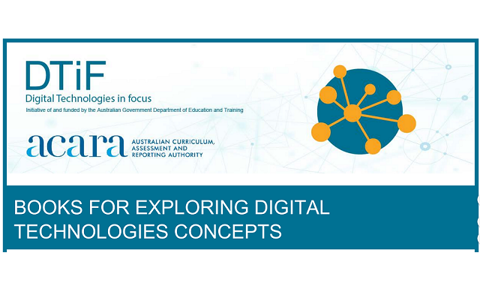Books for exploring Digital Technologies concepts
Use these suggested books or similar to identify and discuss key concepts, key ideas and related ways of thinking about Digital Technologies.
Additional details
| Year band(s) | Foundation, 1-2, 3-4, 5-6, 7-8 |
|---|---|
| Content type | Article or research |
| Format | Document |
| Keywords | DTiF, Key concepts, Resources, Books, Algorithms, Computational Thinking |
| Organisation | ACARA |
| Copyright | Developed by ACARA for the Digital Technologies in focus project Australian Government Department of Education CC BY 4.0 |
Related resources
-
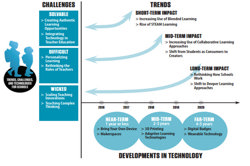
NMC Horizon Report
This report profiles the trends and key technologies and practices shaping the future of teaching and learning, and envisions a number of scenarios for that future. It is based on the perspectives and expertise of a global panel of leaders from across the higher education landscape.
-
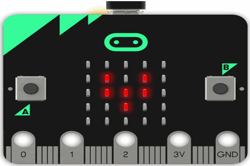
The Micro:bit Matters
In this article, Gary Stager introduces and explains the BBC micro:bit. He discusses pros and cons of the device, prices, compatible programs to use with it, resources to help understand the Micro:bit and other technological devices on the market.
-
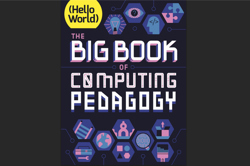
The Big Book of Computing Pedagogy
This guide focuses on approaches to teaching computing in the classroom, and includes pedagogically themed articles. It is structured around twelve pedagogical principles, originally developed by the Raspberry Pi Foundation for the National Centre for Computing Education in England.
-
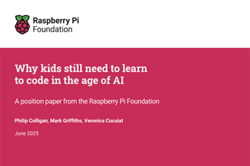
Why kids still need to learn to code in the age of AI
This report put forward evidence that even in a world where AI can generate code, we will need skilled human programmers who can think critically, solve problems, and make ethical decisions. It puts the case forward that young people need to learn to code because it is the most effective way for them to develop the mental models and fluency to become skilled human programmers.
-
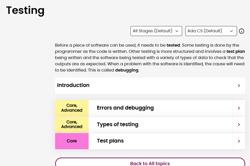
Testing
This comprehensive online guide, provides a background to testing code. This topic has information on debugging and writing a test plan.
-
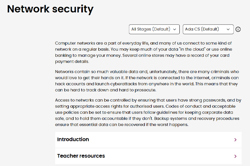
Network security
This comprehensive online guide, provides a background to network security. This topic has information on encryption and authentication .
-
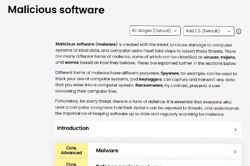
Malicious software
This comprehensive online guide, provides a background to malware. Malicious software (malware) is created with the intent to cause damage to computer systems or steal data, and computer users must take steps to lessen these threats.
